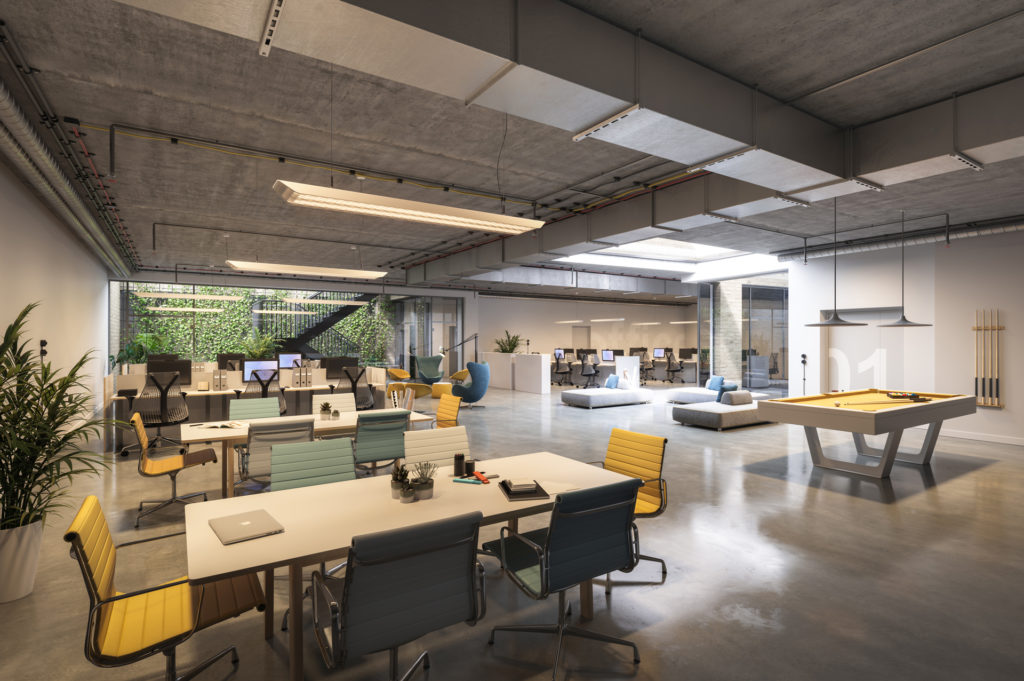A number of the CEO’s of the largest occupiers of office buildings are beginning to say privately that their firms’ experience of remote working means that, post-crisis, their need for office space will drop dramatically, maybe by 50% or even 70%. If this current sentiment turns into reality, not only will there be a fall in the overall demand for offices in the future but, even allowing for more generous re-configuring of existing space to meet new expectations and requirements, a lot of existing space will become vacant. The tallest buildings may be under most pressure, while smaller premises still attract demand.
The likely oversupply of commercial property is bound to mean that there will be urgent calls from both owners and the public for well-located premises to be repurposed to residential use, demand for which will in no way have fallen. “Well-located” will almost certainly mean something different over time; the decentralising of towns and cities will result in fewer journeys, while lower demand on transport infrastructure will create the opportunity to green our cities.
In the immediate future, there will be far more demanding standards for conversion of offices to residential. The current regime, already widely criticised for resulting in seriously substandard accommodation, will no longer be acceptable so very urgent reform will be required. Space standards like those in the London Housing Design Guide will need to be universalized and made mandatory. As well as being tightened in areas like these, planning rules in other areas, such as overlooking, will need to be loosened. For example, if there is an overlooking issue from balconies to balconies or from windows to windows, the planning system should take a balanced approach.
Though it will be challenging when converting existing commercial buildings, a serious effort should be made, with mental health needs at the forefront of thinking, to meet the fresh demand for satisfactory private amenity. The same is true with the need for an abundance of shared amenity space. This suggests that, with new office development, the line of thinking usually reserved for more environmentally focused projects will point to the business case for a commercial development including adaptability for reuse as well as sustainability.
There will be no alternative to this fresh addition to the housing supply being done at genuinely affordable prices; once the crisis is past, incomes and savings will for many be much lower and mortgage requirements likely more stringent. The secret is in the very word “affordable”. The image of key workers not being able to live in decent accommodation and still travelling many miles to their place of work will remain at the front of people’s minds.
Properly repurposed office buildings could solve a number of the challenges brought into vivid focus by the crisis. The period of adjustment will be exceptionally painful, but the sooner prices adjust the faster it will be possible to move on to a world where architects will have no choice but to help deliver the spaces people need for lower cost. And the demand to build a healthier world won’t go away.
Feature Image: Commercial space at Wilmer Place, Stoke Newington


